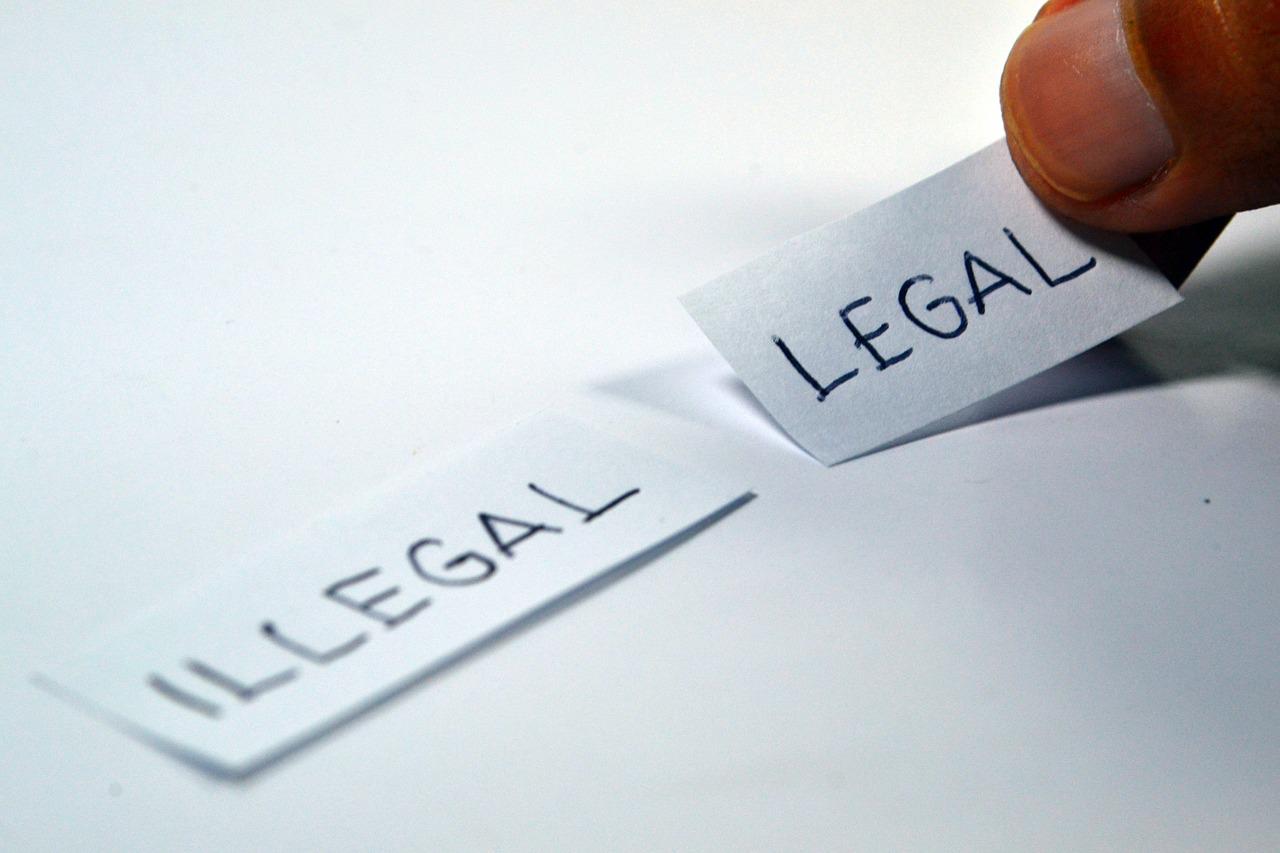Preventing Crime
Preventing crime does not need to take up a lot of your time, nor should it cost money. You must take the time to proactively institute sound policies with your employees and some protective measures throughout your law firm.
Crime is a serious threat to any business, and law firms have not been immune. Poor procedures, inexperienced employees, and lack of control increase the likelihood of your firm experiencing some claims.
Preventing crime does not need to take up a lot of your time, nor should it cost money. You must take the time to proactively institute sound policies with your employees and some protective measures throughout your law firm.
Here are some tips to help get you started:
Burglary
- Reinforce any side and rear doors with cross-bars.
- Secure all entrances with double cylinder, long-throw, deadbolt locks.
- Protect windows and skylights with burglar screens, bars, or thick, unbreakable Plexiglass.
- Affix a cash safe (if you have one) to the floor with surveillance cameras and sensor lights.
Employee Theft
- Require two signatures on checks above specific amounts like $500 or $1,000.
- Reconcile bank accounts and credit card statements weekly.
- Limit access to safe, cash, and checks.
- Change the safe combination immediately after any employee knows it is terminated.
- Control access to keys and, if possible, use a fingerprint scanner to access the building.
If you have any additional questions or want to find out how crime insurance can help protect your law firm, please don’t hesitate to call our office.


